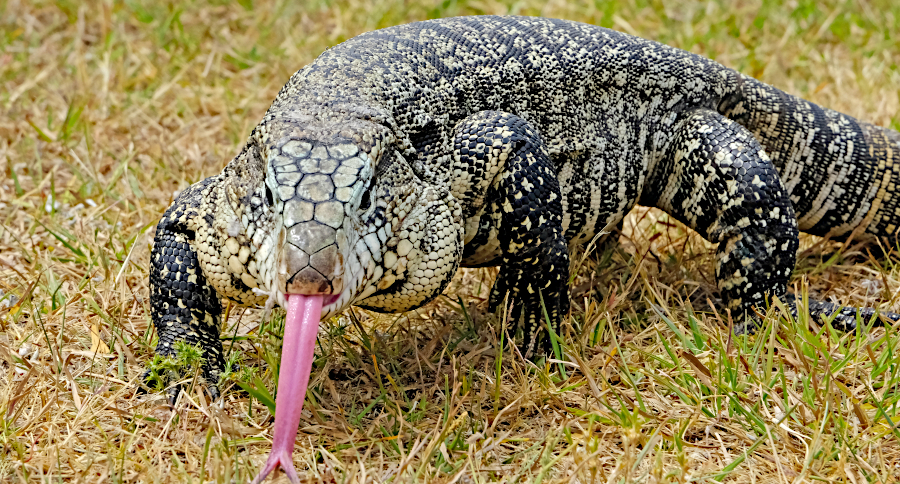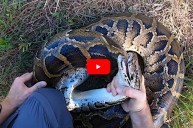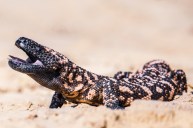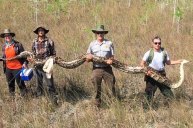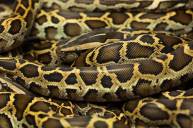Georgia officials are concerned about a possible new non-native lizard threat.
The Georgia Department of Natural Resources is warning the public about a new potential non-native species threat in the large Argentine black and white tegus.
The tegu (Salvator merianae) is as the name suggests, native to parts of South America including Argentina, Paraguay, Brazil and Uruguay. The lizard can grow to four feet in length and can weigh over 10 pounds. The animals are popular in the pet reptile trade, which leads wildlife officials to believe wild populations found in Toombs and Tattnal Counties may have started with escaped or illegally released animals. Most specimens are banded and speckled. Black and white are the most common color variations, but gray and white and even green are sometimes seen too.
These lizards have also been found to have established populations in at least three parts of Florida already. That is why Georgia is acting quickly, authorities are worried something similar could happen in their state. The biggest concern with this reptile is the potential threats to native wildlife. The tegu has something of a sweet tooth for eggs. This means that birds that nest on the ground like wild turkey and quail are immediately at risk from the non-native invader.
Authorities are also concerned about native gopher tortoise populations which can have their eggs eaten and burrows stolen by the tegu. Gopher tortoises are already considered threatened in the Peach State before this new potential threat ever emerged. Alligator eggs are also vulnerable to this animal.
In addition to eggs, tegus will eat a little bit of everything including insects, fruit and native plants. They are also known to be scavengers of dead animals. Each lizard can live up to 20 years, which means the animal poses a long-time threat to native wildlife.
Tegus are extremely hardy, which further concerns authorities because it could mean the animals could adapt well to the more northerly climate. Unfortunately, this could help the species spread beyond the two counties it has already been discovered in.
The DNR says because the animals are non-native, it is perfectly legal to capture or kill one if you see it. Otherwise, they are asking residents to report all sightings. Residents can do this by calling (478) 994-1438 or by emailing the DNR at [email protected]
In the meantime, authorities are working with the U.S. Geological Survey and Georgia Southern University on the problem. They plan to trap the large lizards wherever sightings are being reported. They advise people to keep pet food inside and to keep yards free of brush and debris that may attract and hold the tegus in the area. The DNR is also reminding people that while keeping a tegu as a pet is perfectly legal, releasing it into the wild is not. They ask anyone who cannot care for their pet anymore to turn it over to a reptile rescue project.
For more outdoor content from Travis Smola, be sure to follow him on Twitter and check out his Geocaching and Outdoors with Travis YouTube channels.
NEXT: BABY COPPERHEADS: HOW TO IDENTIFY THEM AND HOW TO GET RID OF THEM
WATCH
